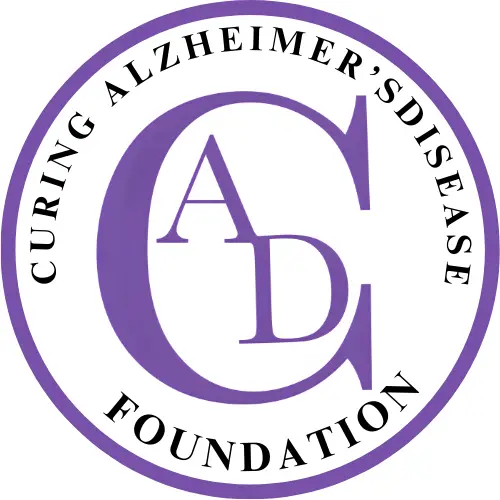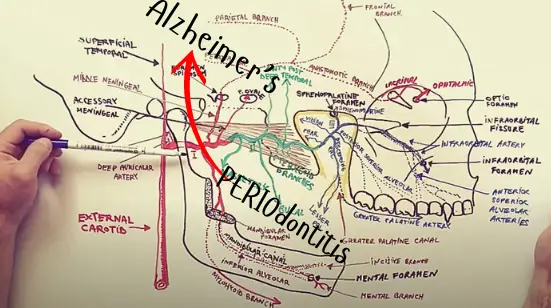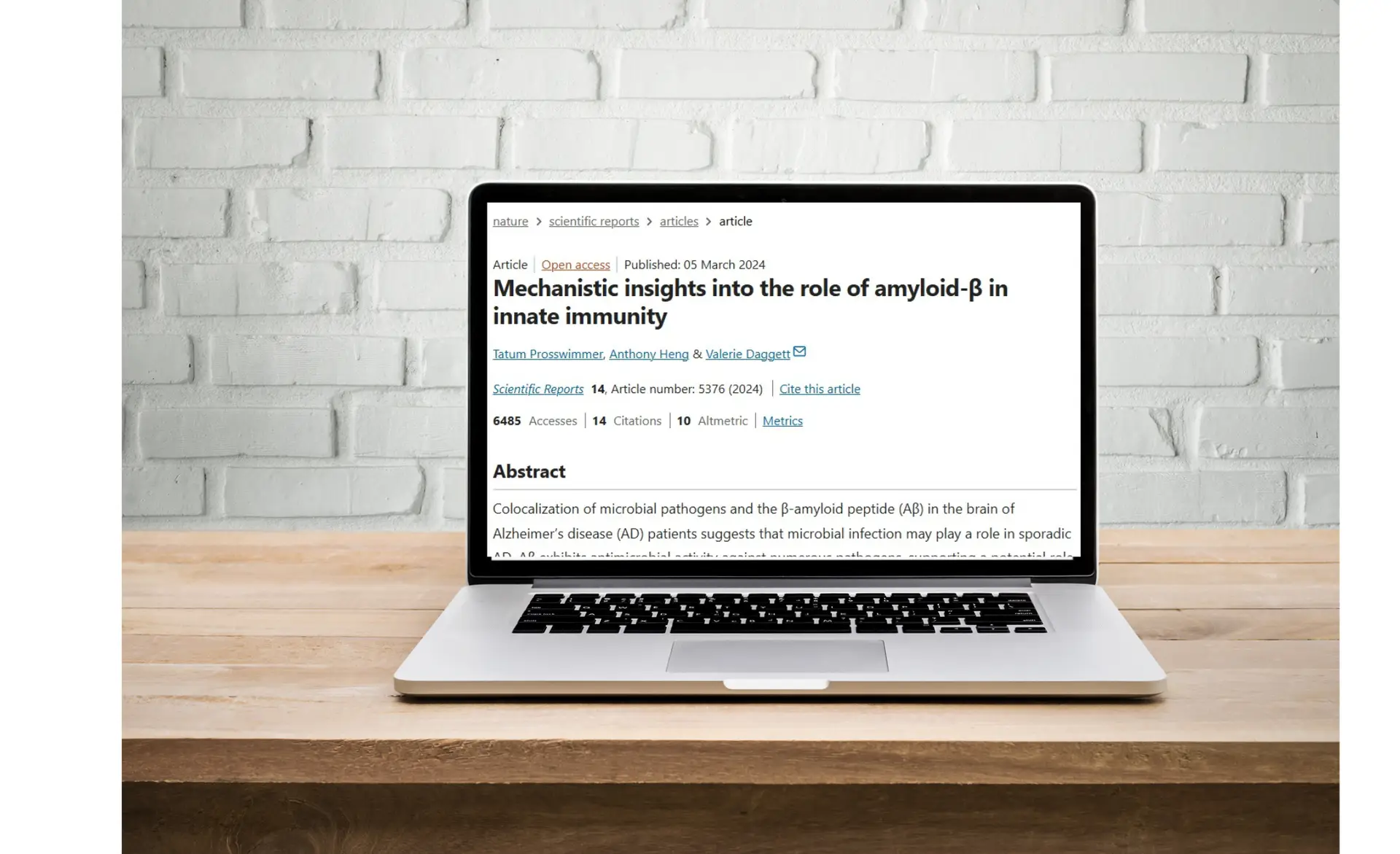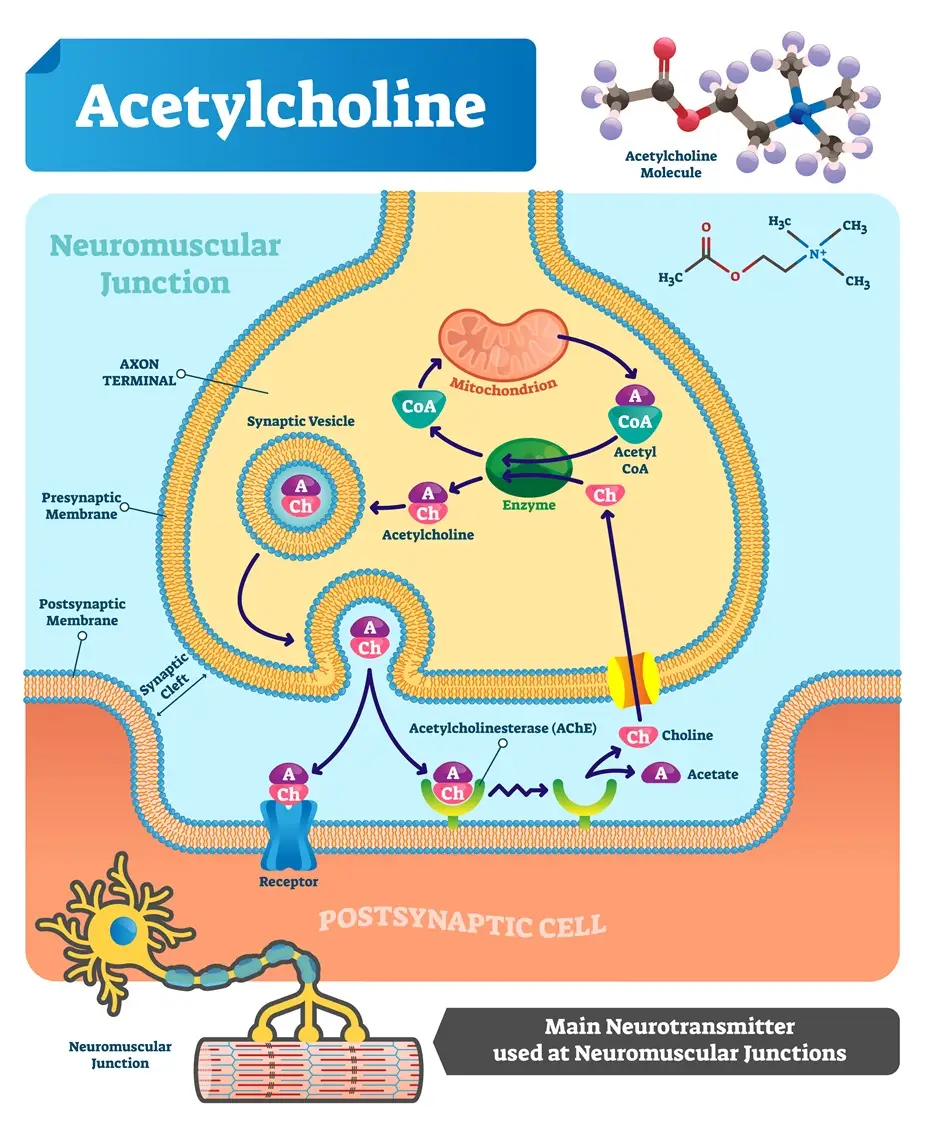When we think about the immune system, most of us picture white blood cells fighting off a cold or healing a cut. But here’s something crucial to keep in mind: your brain has its own immune system that works entirely different than the rest of your body. As the CAD Foundation funds research into the microbial / infectious hypothesis of Alzheimer’s, this idea of the brain having its own immune system is very important. Especially in instances where something foreign ( environmental toxin or even a bacterial, viral, or fungal cell ) gets past the blood brain barrier where it’s not supposed to be. You’d be lost if your brain didn’t have its own immune system. Literally. Instead of white blood cells, your brain uses immune cells called microglia to monitor, protect, and support its neurons. Microglia are essential for keeping neurons healthy — and alive. When neurons become sick or die, it affects how we think, feel, and function. That’s why keeping them safe is so important. Let’s break the brain’s immune system down cell by cell. And then look at what happens when things go awry. What Are Glial Cells? Microglia are just one type of glial cell — they are a group of non-neuron cells that play critical support roles in the brain. While neurons do the thinking, glial cells keep everything running smoothly. They provide structure, deliver nutrients, clean up waste, and help defend the brain. Interestingly, glial cells outnumber neurons in many parts of the brain. The word “glia” means “glue” in Greek—but they do way more than just hold things together. There are several types of glia, but for brain cleaning and immune function, the most important are: These tiny (thus the term micro), spider-shaped cells are basically the brain’s built-in security guards. They’re constantly patrolling, looking for anything that shouldn’t be there ( dead cells, waste products, misfolded proteins, excess neurotransmitters and pathogens ). If they find any of these “problems” in the brain, they sound the alarm and start cleaning things up. But microglia aren’t just there for emergencies. They also help keep your brain working smoothly by pruning weak or unused connections between brain cells. Kind of like a gardener trimming branches to help the tree grow better. Astrocytes: The Helpers That Do Everything Astrocytes are larger than micogroglia and more star-shaped, with long, branching arms that spread out to support and connect many neurons at once. They act like the brain’s caretakers, overseeing and maintaining the environment where neurons live and work. Here are some of their chores: Learning & Healing: BDNF and Cytokines So we were just talking about cells a moment ago. But another important player in your brain’s immune system are molecules. Keep in mind: cells are anywhere from 1,000 to 100,000 times larger than molecules. But smaller size doesn’t mean less power. Let’s learn more about two very important molecules used by the brain’s immune system. BDNF (brain-derived neurotrophic factor) is a mouthful, but think of it as Miracle-Gro for your brain. It helps your brain grow, heal, and learn. You make more BDNF when you exercise, sleep well, or challenge yourself to learn something new. Interestingly, and to be discussed in greater detail – chewing your food well boosts BDNF levels! BDNF doesn’t just help your brain grow — it also helps keep inflammation in check. When BDNF levels are healthy, it protects neurons from stress and reduces the risk of overactive immune responses in the brain. Low BDNF has been linked to higher inflammation, brain fog, and mood issues. In a way, BDNF helps keep the brain’s immune system balanced — encouraging healing, not harm. Cytokines – which are also tiny molecules in your brain – can be thought of as “text messages” your immune system uses to send alerts. Some are anti-inflammatory—they help calm things down and keep your brain balanced. They work in harmoney with BDNF. Other types of cytokines are actually pro-inflammatory—they jump into action when there’s a threat, like you’d find with an infection. But when your body sends too many of the wrong (text) messages (especially during stress, poor sleep, or chronic infections), it creates ongoing inflammation in the brain. That kind of constant “brain fire” can damage brain cells and make it harder to think clearly or remember quickly or even remember at all. So, who sends out these cytokine alerts? Think of your brain like a high-tech city. When there’s trouble—like a virus sneaking in, a head injury, or a long-term bacterial infection (like see with gum disease)—your brain’s security guards (remember the microglia from earlier?) sound the alarm. Microglia are like firefighters and paramedics rolled into one. They scan the scene, then call for cytokines to come and check it out. Some cytokines – are just informational… Others hit the panic button and scream… …in effort to bring in heavy reinforcements. If it’s a quick fix—like clearing out a dying cell—the cytokine response wraps up fast. But if the problem is ongoing and unresolved, like with chronic bacterial infection, the alerts don’t stop. The emergency system keeps firing, and eventually, it goes haywire. Instead of helping, it starts harming healthy brain cells—causing swelling (inflammation), confusion, and over time, even memory loss. And then there’s the Night Crew: The Glymphatic Team who clean while you sleep Ever wonder why sleep is so important? Well, while you’re deep asleep, your brain uses it’s own type of cleaning system to collect and flush out waste, including that metabolic debris mentioned earlier as well as any other “junk” left behind by immune battles that took place during your day. It’s called the GLYMPHATIC SYSTEM. Think lymphatic (which in the body is how we remove impurities) just this system starts in your brain and is powered by glial cells. Eventually, the glymphatic system dumps the misfolded proteins, toxins, debris, and dead cells off to the body’s lymphatic system so it can finish removing all that garbage We will go into









